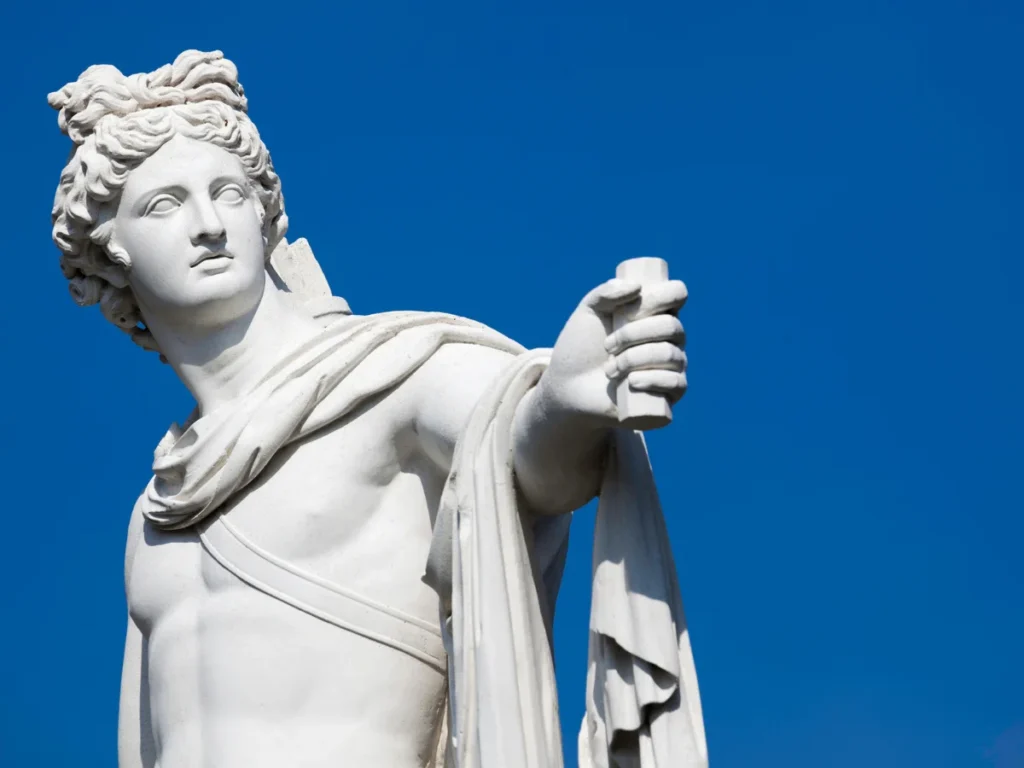Battle of Mycale
The Battle of Mycale in 479 BCE, a concluding chapter in the Greco-Persian Wars, showcased Greek unity and determination. As part of the Hellenic League, a coalition of city-states, Greece liberated Ionian Greek cities in Asia Minor. The Greeks, including Athens and Sparta, coordinated their efforts on land and sea, achieving victory over the Persians. This battle symbolized the triumph of freedom and collaboration, leaving a lasting legacy of unity among Greek city-states.

The Battle of Mycale
The Battle of Mycale (479 BCE): The Resonating Echo of Greek Unity
A Concluding Stand Against Persia
The Battle of Mycale in 479 BCE marked the concluding chapter of the Greco-Persian Wars, an epic conflict that had raged for over a decade. As the Greeks sought to liberate the Ionian Greek cities in Asia Minor, this battle emerged as a symbol of their unity and resolve.
Alliance and Reinforcements
At the heart of the Greek effort was the Hellenic League, a coalition of city-states formed to resist the Persian onslaught. Athens, Sparta, and other prominent Greek states contributed troops, ships, and leadership, forging an alliance bound by a common purpose: the defense of Greek lands and freedom.
The Persian Threat and Liberation
While the main Persian fleet was preoccupied with internal strife at the Battle of Mycale, the Greek forces, under Leotychidas, seized the opportunity to liberate Ionian Greek cities. This shared objective galvanized the Greeks, reminding them of the stakes and the enduring threat posed by the Persian Empire.
The Naval Engagement
The Battle of Mycale unfolded on land and sea. On the water, the Greek fleet engaged the Persians, while on land, Greek hoplites confronted the Persian forces. The coordinated assault on both fronts was a testament to the synergy achieved by Greek city-states.
Victory and Its Implications
The Greek alliance achieved victory at Mycale, decisively defeating the Persian navy and gaining control of the seas. This success was concurrent with the Persian defeat at Plataea, further solidifying Greek dominance in the region. The liberation of Ionian Greek cities from Persian rule was a remarkable achievement, reflecting the power of collective effort and Greek unity.
The Echo of Mycale
The Battle of Mycale resonated long after the clash of arms had ceased. It symbolized the triumph of freedom and self-determination over tyranny and conquest. The collaborative spirit exhibited by the Greek city-states in the Hellenic League would continue to influence Greek politics and alliances in the decades and centuries to come, leaving an enduring legacy of unity in the face of adversity.
